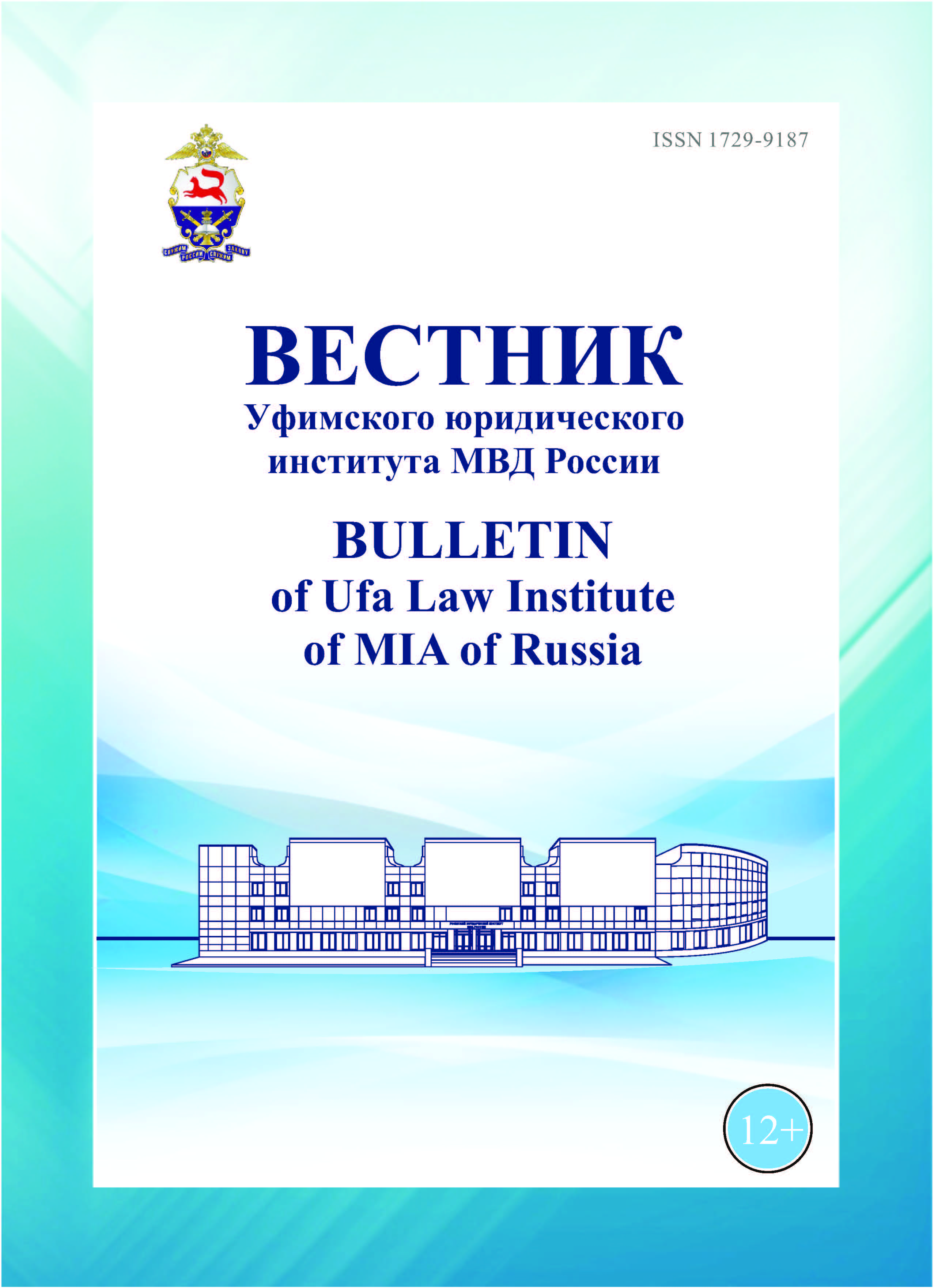UDC 343.9
The article considers the issues of using the collection and analysis of operationally relevant information on open sources on the Internet in order to solve the problems of combating crime. The best practices of obtaining information of operational interest are highlighted. The author identifies a number of legal and organizational problems in the activities of domestic operational investigative bodies, the elimination of which is proposed to be considered as a direction for improving information and analytical support for operational investigative activities. Taking into account the huge potential of the widespread introduction and use of open source intelligence technologies, the author substantiates the need to give them priority when conducting scientific research, training specialists in this field, equipping and re-equipping operational search units with modern technological means.
crime, intelligence, open sources, information, operational investigative activities
1. Yangaeva M. O., Pavlenko N. O. OSINT. Obtaining criminalistically significant information from the Internet // Altai Legal Bulletin. 2022. No. 2. P. 131–135. (In Russ.)
2. Gribanov E. V. Perspective directions of development of cyber technologies of crime prevention // Society and law. 2021. No. 4. P. 21–27. (In Russ.)
3. Batoev V. B. The use of messengers in criminal activity: problems of deanonymization of users and decryption of information // Operative (detective). 2017. No. 2 (51). P. 15–20. (In Russ.)
4. Lazarenko A. V. Technologies of deanonymization of TOR users // New information technologies in automated systems. 2016. No. 19. P. 257–262. (In Russ.)
5. Afonkin G. P., Smirnov E. V., Chemerchev D. V. Fundamentals of countering crimes committed using information and telecommunication technologies // Police Bulletin of the All-Russian Institute for Advanced Training of Employees of the Ministry of Internal Affairs of Russian. 2021. No. 1 (4). P. 10–17. (In Russ.)
6. Gavrilin Yu. V., Paradnikov A. G. Improving the detection, disclosure and investigation of embezzlement committed and using information banking technologies (based on the results of the All-Russian online seminar) // Proceedings of the Academy of Management of the Ministry of Internal Affairs of Russia. 2020. No. 2 (54). P. 123–130. (In Russ.)
7. Zemtsova S. I. Software products used to deanonymize the facts of drug crimes using digital currency // Criminalistics-science without borders: traditions and innovations: materials of the All-Russian Scientific and Practical Conference / compiled by A.V. Bachieva, E. V. Lantukh. Saint Petersburg: Saint Petersburg University of the Ministry of Internal Affairs of Russia, 2021. P. 112–115. (In Russ.)
8. Pozdyshev R. S. Deanonymization of the criminal’s identity on the Internet // Bulletin of Ural Law Institute of the Ministry of Internal Affairs of Russia. 2022. No. 2. P. 50–53. (In Russ.)
9. Farakhiev D. M. Ways and methods of deanonymization of persons committing crimes in the information space // Legal Science and practice: Bulletin of Nizhny Novgorod Academy of the Ministry of Internal Affairs of Russia. 2022. No. 4. P. 249–254. (In Russ.)









